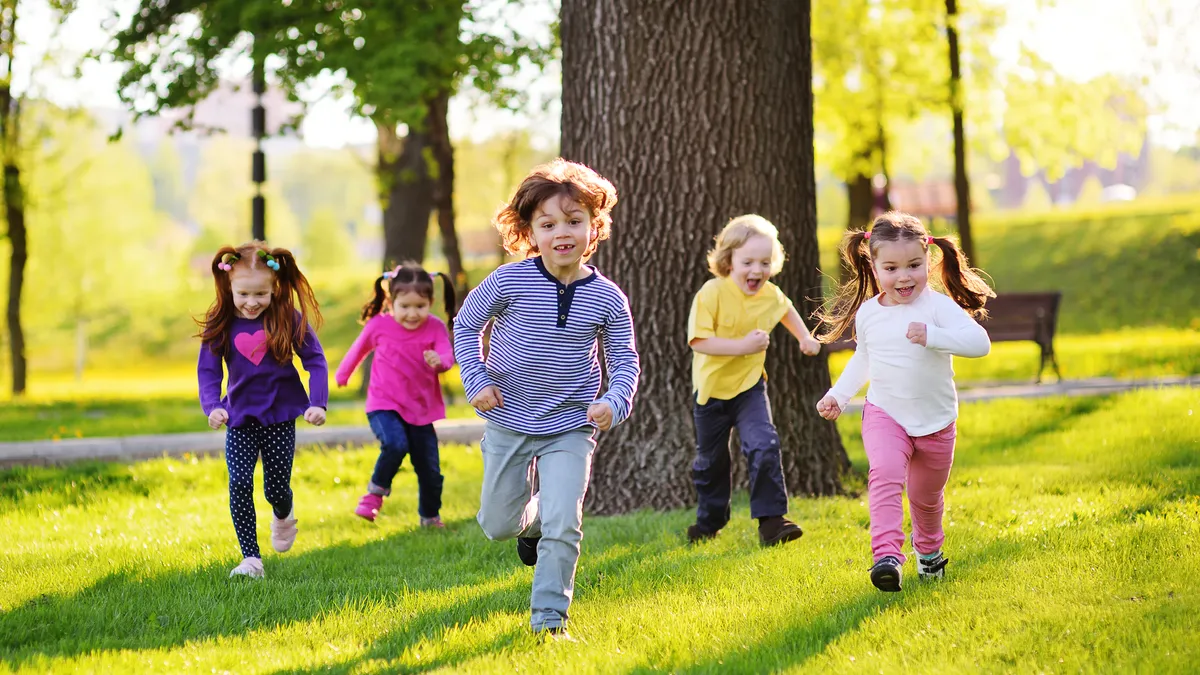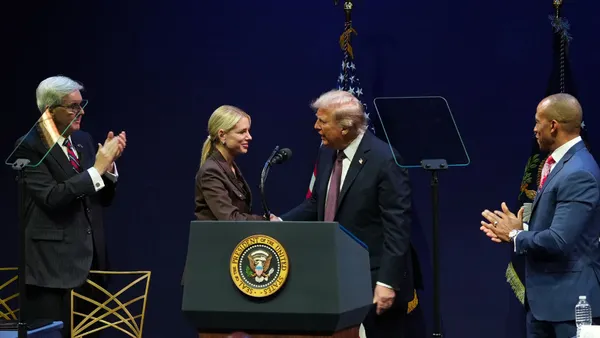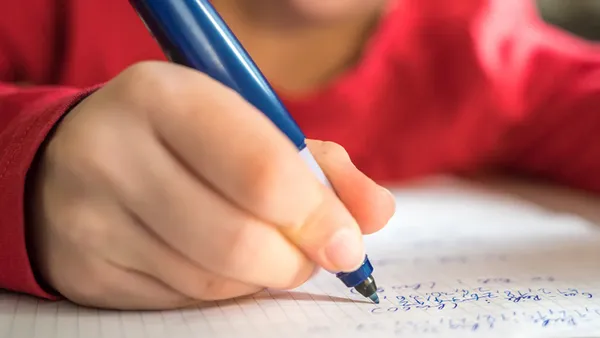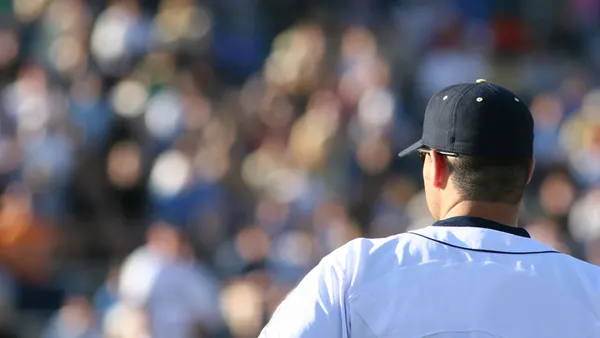Dive Brief:
-
Periods of unguided play can give students opportunities to discover and invent on their own, and there are ways educators can involve themselves in playtime without interrupting that sense of discovery for students, said Ruslan Slutsky, a professor of teacher education at the University of Toledo’s Judith Herb College of Education.
-
Slutsky said teachers, through observation, can guide a learning moment during recess or other moments of play, but this needs to be done carefully without making students feel their downtime has shifted into a lesson.
-
“I think watching and letting kids have their own time to explore their play world is key, but if a teacher sees a point where they can scaffold a learning or play experience, they can offer a mild suggestion and then disappear to let kids do with it as they see fit,” Slutsky said. “Think of it as a little nudge.”
Dive Insight:
While Slutsky is a big believer in giving students the freedom to guide their playtime, he sees how educators can glean details from watching students engage with each other or even objects that interest them. Educators can then synthesize those impressions into their curricula or plans for classes.
This could include uncovering personality details, such as leadership skills, or finding potential interests in certain topics or activities.
“Teachers can observe the students as they play and see where they have strengths,” Slutsky said. “They can incorporate the skills they see into their teaching experiences.”
In addition to uncovering potential academic interests and strengths, educators can also glean where students may need some scaffolding by watching their breaks and play activities, particularly when it comes to peer interactions. In that way, playtime can reveal some places where educators can then support students with some social — rather than academic — support.
“[Teachers] can also see where kids are struggling or need more assistance and teach that,” said Slutsky. “If teachers notice that a child is struggling with social group entry, the teacher can get a book or create some experiences that allow kids to practice such a social skill.”













